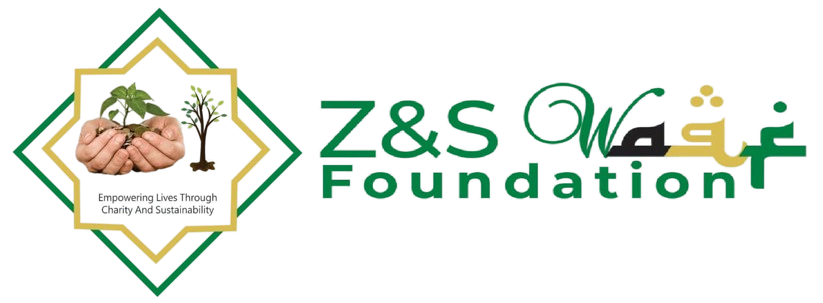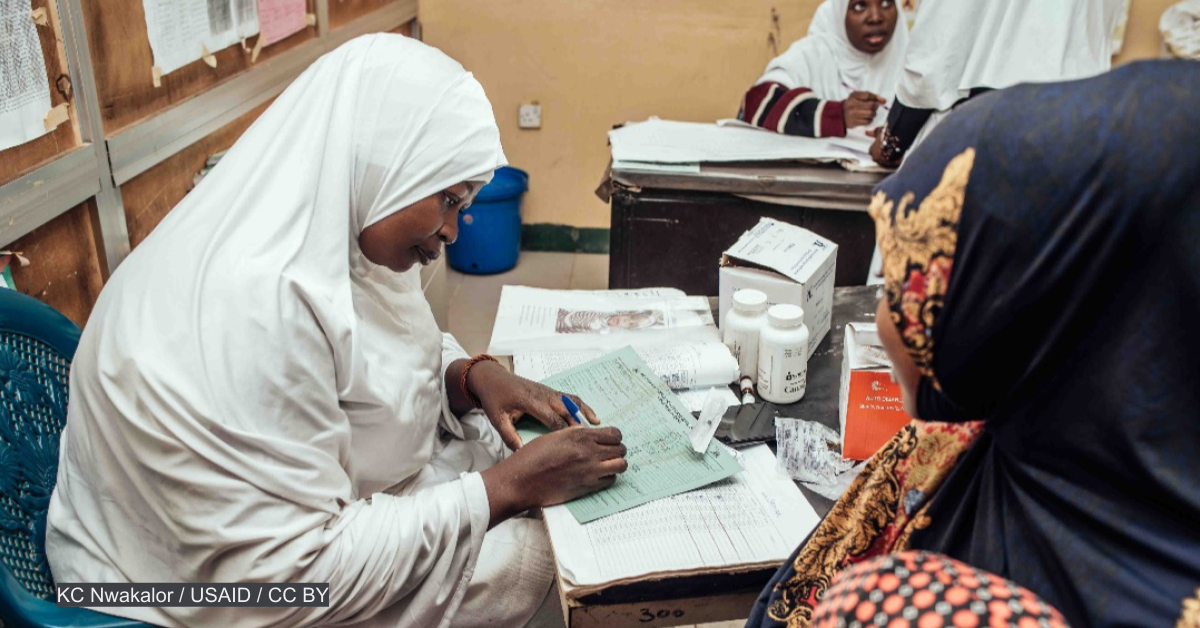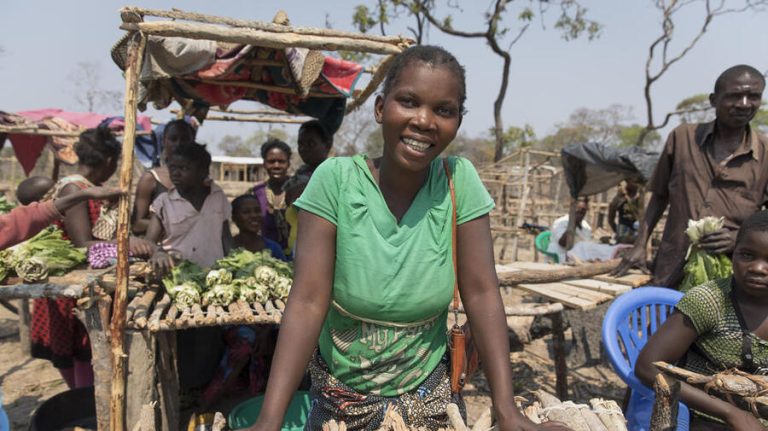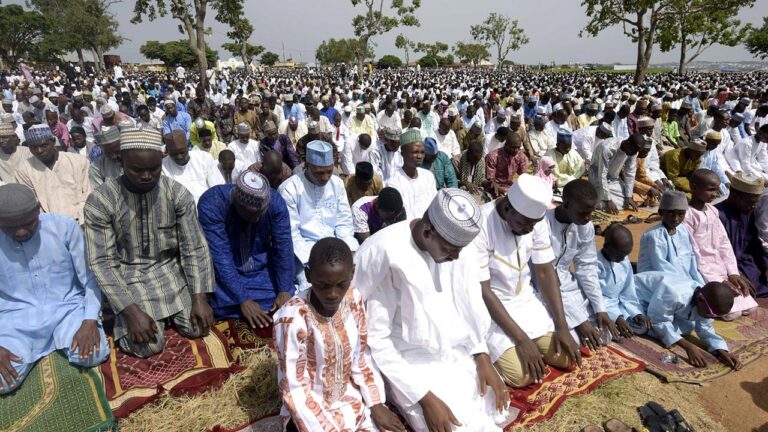Significance of Waqf on Healthcare for Nigerians in Rural Areas: Bridging the Healthcare Gap
Access to quality healthcare is a pressing issue for many Nigerians residing in rural areas. Limited infrastructure, inadequate resources, and geographical challenges often result in a significant healthcare gap. In such circumstances, the concept of waqf, a charitable endowment deeply rooted in Islamic tradition, holds immense significance. This blog post aims to explore the transformative impact of waqf on healthcare for Nigerians in rural areas, highlighting its potential to bridge the healthcare gap and empower these communities.
Understanding the Healthcare Gap in Nigerian Rural Areas: Rural areas in Nigeria face numerous healthcare challenges, including a scarcity of medical facilities, shortages of healthcare professionals, and limited access to essential services. The lack of specialized care, diagnostic tools, and emergency services further exacerbates the situation, leaving individuals vulnerable to preventable illnesses and inadequate treatment.
Significance of Waqf on Healthcare for Nigerians in Rural Areas:
- Infrastructure Development: Waqf can play a vital role in addressing the infrastructure deficit in rural healthcare. By establishing waqf-funded healthcare facilities, such as clinics, dispensaries, and mobile healthcare units, communities can gain access to basic healthcare services within their vicinity. This infrastructure development ensures that medical care is more readily available, reducing the need for long journeys to distant urban centers.
- Sustainable Funding: Waqf provides a sustainable and long-term funding mechanism for rural healthcare initiatives. By endowing assets or financial resources to healthcare projects, waqf enables ongoing operational expenses, the maintenance of facilities, and the provision of necessary medical supplies and equipment. This reliable funding source helps ensure continuous healthcare services for rural communities, even in the absence of consistent government funding.
- Capacity Building and Training: Waqf can contribute to the training and capacity building of healthcare professionals in rural areas. Through waqf endowments, scholarships can be established to support aspiring doctors, nurses, and other healthcare workers from rural backgrounds. This initiative not only addresses the shortage of healthcare professionals in these areas but also promotes local talent retention and empowers individuals to serve their own communities.
- Preventive Care and Health Education: Waqf-funded healthcare initiatives can prioritize preventive care and health education programs tailored to the specific needs of rural populations. These programs can focus on disease prevention, hygiene practices, maternal and child health, nutrition, and awareness campaigns. By promoting health literacy and preventive measures, waqf can help reduce the burden of illnesses that often go untreated due to a lack of awareness or early intervention.
- Community Engagement and Ownership: Waqf promotes community engagement and ownership in healthcare initiatives. By involving local communities in the planning, management, and decision-making processes of waqf-funded healthcare projects, a sense of ownership and responsibility is fostered. This engagement ensures that healthcare services are culturally appropriate, responsive to community needs, and sustainable in the long run.
- Technological Advancements: Waqf can also support the integration of technology in rural healthcare. By allocating funds to establish telemedicine centers, rural communities can access specialist consultations remotely, reducing the need for arduous travel and improving the accuracy of diagnoses. Additionally, waqf can support the implementation of electronic health records, enhancing healthcare delivery, monitoring, and coordination.
Conclusion: Waqf represents a powerful tool for transforming healthcare in rural areas of Nigeria. Through infrastructure development, sustainable funding, capacity building, preventive care, community engagement, and technological advancements, waqf initiatives can bridge the healthcare gap and uplift the health and well-being of Nigerians in rural areas. By harnessing the principles of waqf, individuals, and communities can make a lasting impact, ensuring that healthcare becomes a fundamental right accessible to all, regardless of their geographic location.







